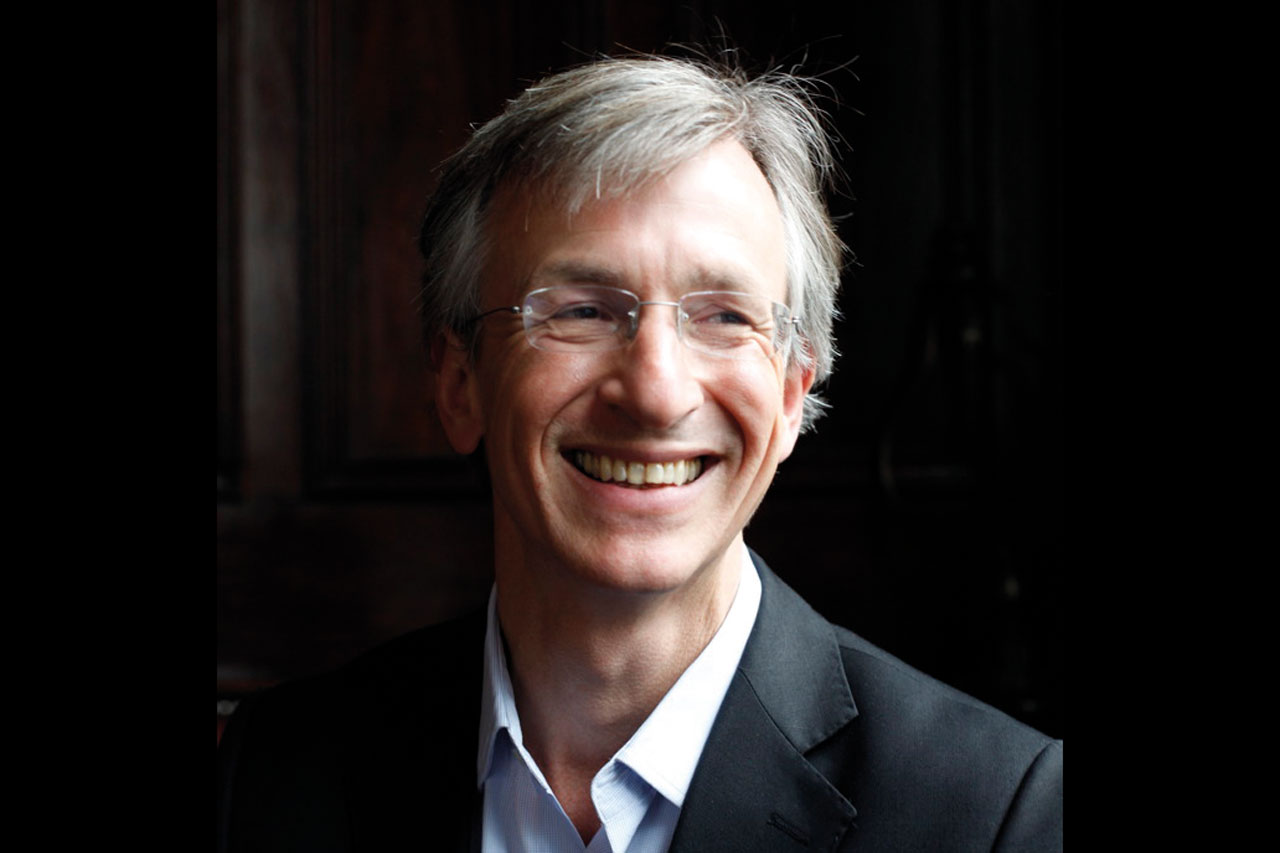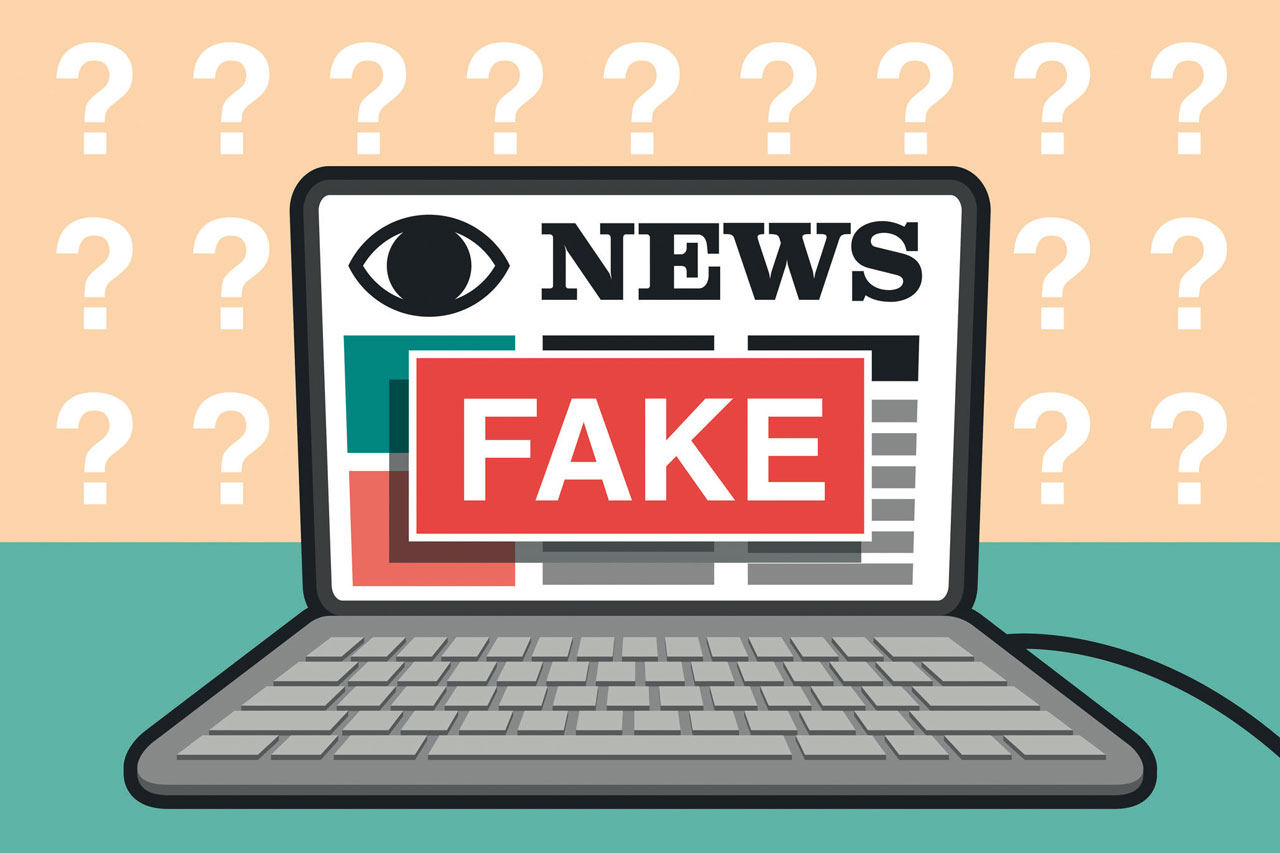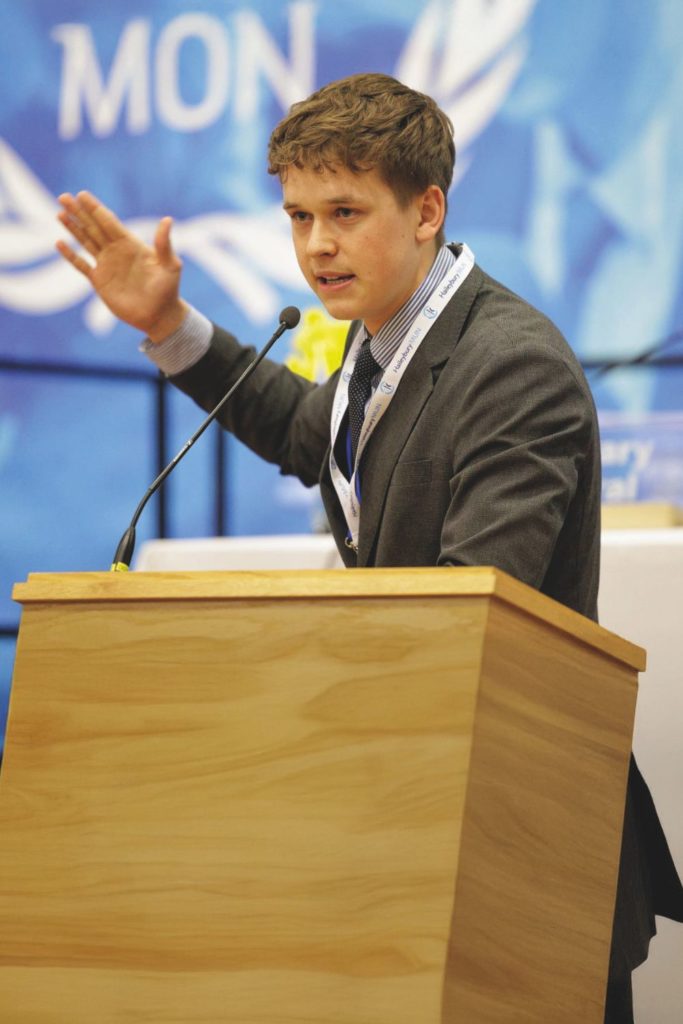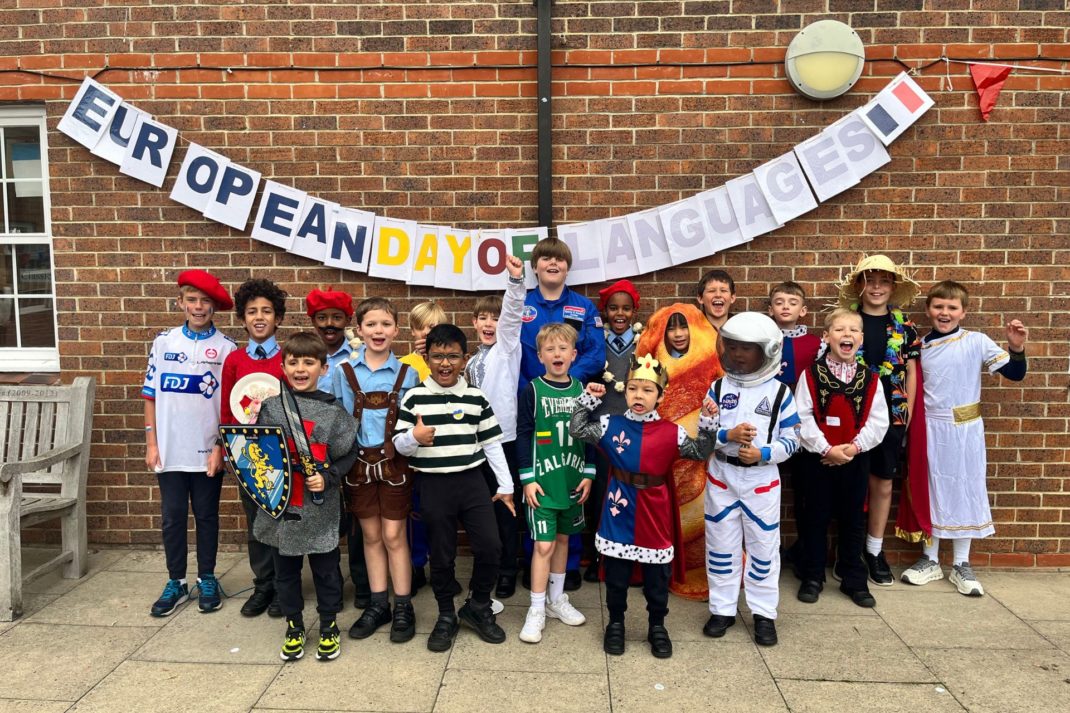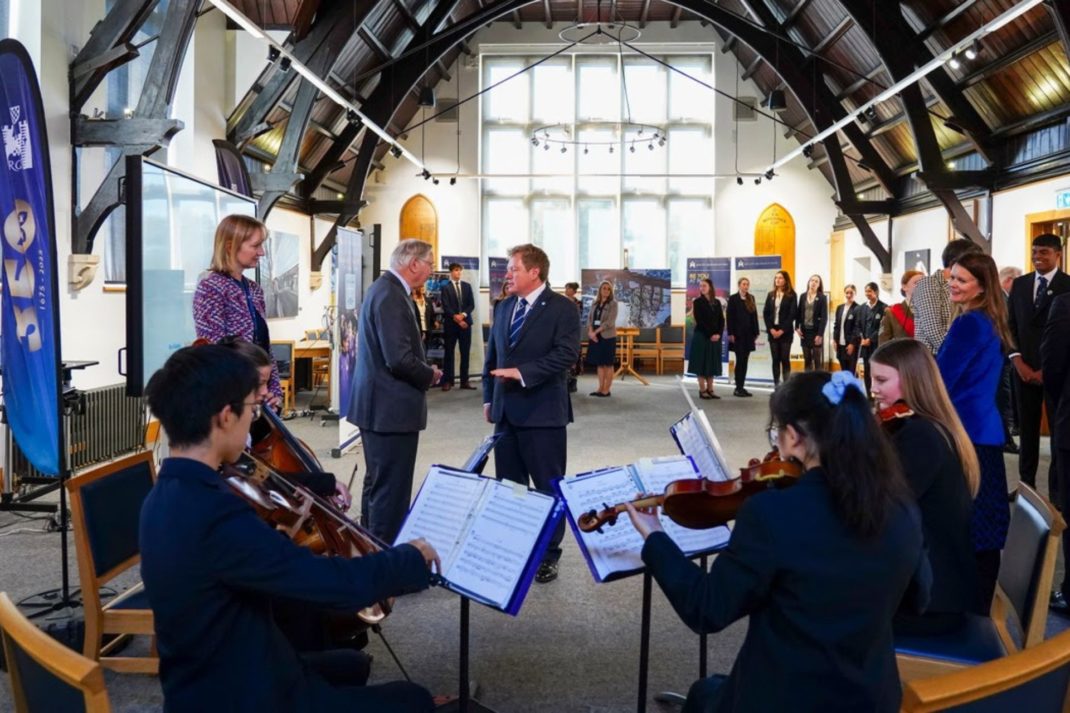When Truth Died: The War on Fake News
By
8 years ago
Richard Addis, former editor of the Daily Express newspaper, does battle with the deceptions of fake news
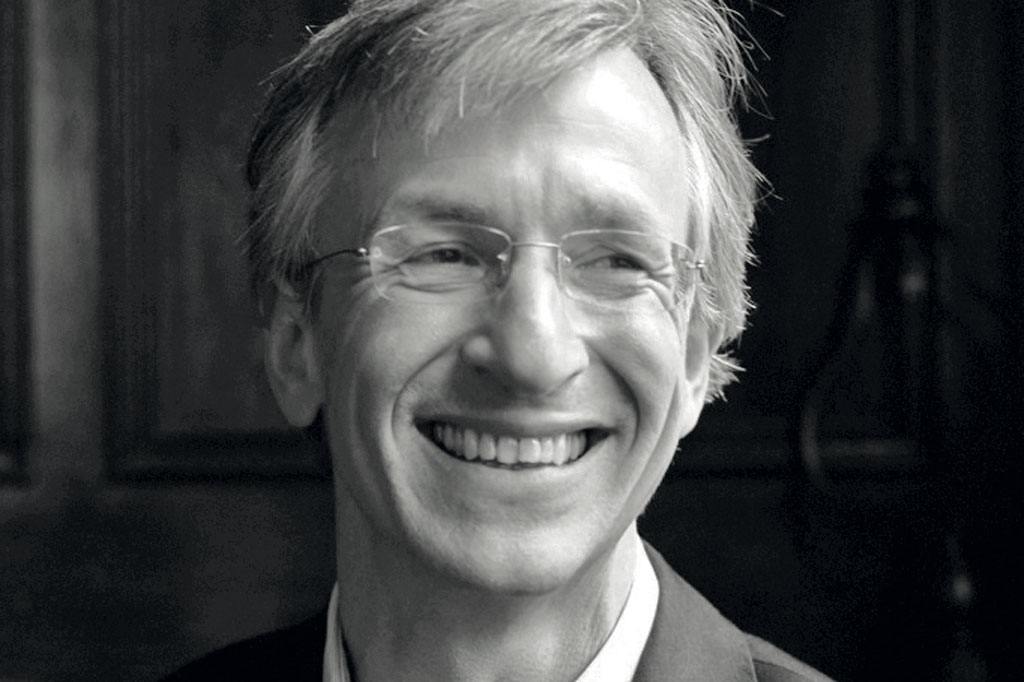
Historians of the future will look back at our lifetimes as one of the most volatile periods of all time.
I think they will conclude among other things that the first half of the 21st-century was when social market liberalism collapsed, when political parties became irrelevant, when print newspapers disappeared, when it became normal for the wealthy to lead active lives till beyond the age of 100, when robots took over logical and mechanical tasks, when weather became violent, when government became virtual and borderless, when pills could make you more intelligent, when travel was automated and geography became an anachronism, when successful head transplants became possible, when humanity made its first contact with aliens and when truth died.
When truth died? Well, yes. This summer a special parliamentary commission on Fake News and the Teaching of Critical Literacy Skills in Schools will make a series of recommendations for government, schools, teachers and parents after a year of gathering evidence from children and young people.
I am involved in this project. A sneak preview of findings shows that in wealthy western countries such as Britain, we are swiftly moving into what academics call a post-truth age.
This effectively means that we live in a time when fake news is rife, our leaders can’t be trusted and objective facts are less influential than appeals to emotion. This is alarming because it allows the rise of demagogues and tyrants from both right and left and it devalues all forms of natural and social science, including, of course, work, climate change and public health.
The commission’s specific fear is that children and young people today are growing up in a globalised world and processing information from a wider variety of sources than ever before, yet they do not have the critical literacy skills to navigate the potential pitfalls when consuming news, particularly when using online sources and social media.
It has identified five types of fake news: intentionally deceptive, jokes taken at face value, large-scale hoaxes, slanted reporting of real facts, and stories where the truth is contentious.
The problem is massive because, globally, one in three internet users is under the age of 18, with 12 to 15-year-olds spending on average more than 20 hours a week online. Fifty-eight per cent of eight to 11-year-olds and 72 per cent of 12 to 15-year-olds surveyed said they visited news sites or apps. Of these, just over a fifth believed all the information they read without questioning it.
Worryingly, a 2017 survey of UK adults found that only four per cent of respondents were able to identify all three true new stories presented within a selection of six; almost half believed at least one of the three fake news stories to be true.
It is clear that our schools are absolutely vital in encouraging children to burrow through the rubbish and rootle out the truth. Many thinkers recommend that critical digital literacy should be taught as part of the curriculum.
I agree, as long as we focus on thinking for yourself.
There is a long history of ideas about truth and freedom. Many of them can be distilled down to this simple idea: Pope, Kant and Schopenhauer, among others, agreed that ‘only our own fundamental ideas have truth and life; for it is they alone which we really and thoroughly understand.’
How do we teach this? Paulo Freire, who invented critical literacy in 1967, said we should stop thinking of children as containers to be filled up with knowledge and instead create experiences that offer them a chance to build their own knowledge.
Schools should become spaces where students can talk daily about issues that are significant to their lives. Teachers should work their magic like skillful hosts at dinner parties. Freire said this wonderful thing: ‘Knowledge emerges only through invention and re-invention, through the restless, impatient, continuing, hopeful inquiry human beings pursue in the world, with the world and with each other.’
If our children learn to think for themselves I am sure we can win the war against fake news.
This article originally appeared in the SS18 issue of School House. Richard Addis has edited seven national newspapers and is the founder of The Day, a daily online news title providing current affairs for schools.
READ MORE: Why Schools Are Teaching Life Skills | Mobile Phone Usage in Schools

